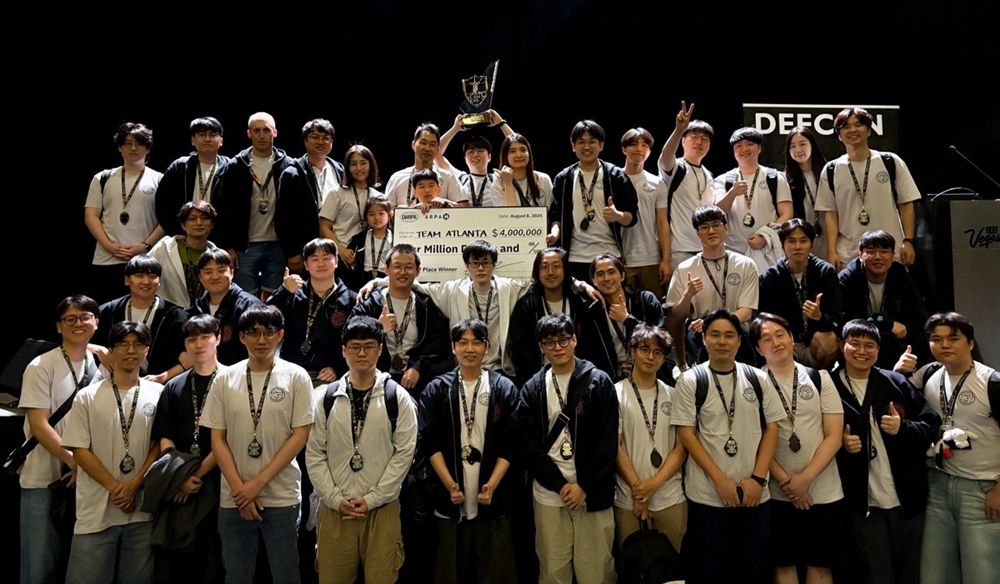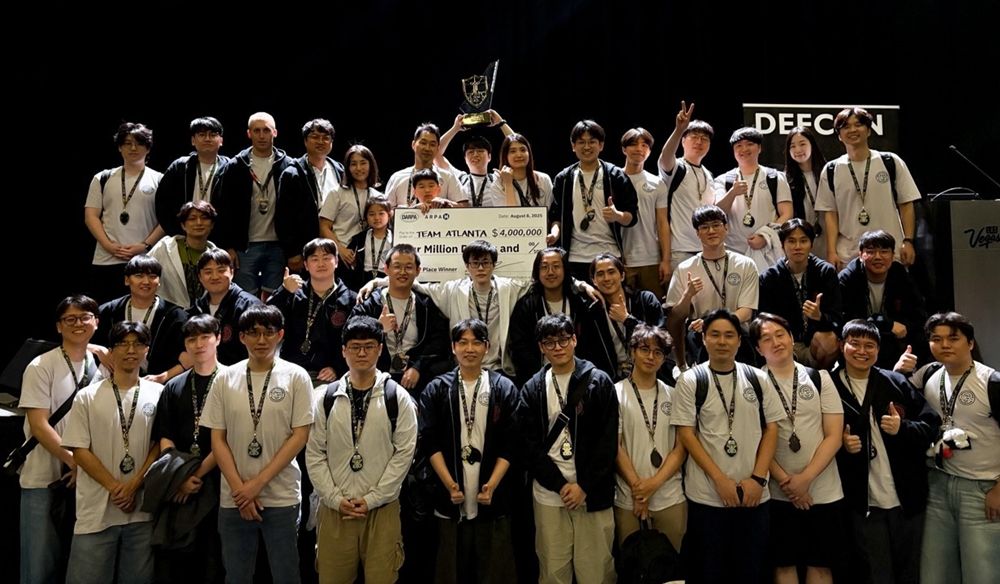Meta just announced a strategic joint venture with India's Reliance Industries to democratize enterprise AI across the world's most populous nation. The partnership will leverage Meta's open-source Llama models to create tailored AI solutions for Indian businesses, from startups to major enterprises, potentially reshaping how the country adopts artificial intelligence at scale.
Meta is making its biggest strategic bet on India's AI future yet. The social media giant announced today it's forming a joint venture with Reliance Industries Limited, the conglomerate behind India's largest telecom network Jio, to build enterprise AI solutions powered by Meta's open-source Llama models. The partnership represents a significant shift in how American tech companies are approaching the Indian market, moving beyond consumer products to tackle enterprise AI adoption directly. Instead of licensing technology or forming loose partnerships, Meta is creating a dedicated entity to customize and deploy generative AI applications across Indian businesses. The timing couldn't be more strategic. India's enterprise AI market is exploding, with businesses from Mumbai startups to Bangalore tech giants scrambling to integrate AI into their operations. But most have struggled with the complexity and cost of deploying large language models at scale. That's where Reliance's infrastructure becomes crucial. The joint venture will tap into Jio's massive connectivity network and RIL's advanced AI data centers to slash inference costs and ensure lightning-fast AI deployments. According to Meta's announcement, this infrastructure advantage will allow the JV to "scale high performance models at a fraction of a cost." The partnership targets specific business functions where AI can make an immediate impact: sales automation, marketing personalization, IT operations, customer service, and financial analysis. Rather than offering generic AI tools, the joint venture plans to deliver pre-configured solutions designed for both cross-functional needs and industry-specific use cases. This approach mirrors how enterprise software companies have successfully penetrated the Indian market – by solving specific, measurable business problems rather than selling broad platforms. What makes this deal particularly interesting is its focus on India's small and medium businesses. While tech giants typically chase large enterprise contracts first, this joint venture explicitly aims to democratize AI access for smaller companies. "With lower entry costs for advanced AI tools, SMBs and startups could more readily adopt AI-driven solutions, leveling the competitive landscape," the companies stated. The deployment flexibility is another key differentiator. Unlike cloud-only AI solutions, this joint venture will offer deployment across cloud, on-premise, and hybrid infrastructure. This flexibility matters enormously in India, where data localization requirements and connectivity concerns often push enterprises toward on-premise solutions. For , this partnership represents a major strategic pivot in India. The company has traditionally focused on consumer products like WhatsApp and Instagram in the market. Now it's betting that enterprise AI services could become a significant revenue stream, especially as India's digital transformation accelerates post-pandemic. The deal structure suggests serious commitment from both sides. Rather than a simple licensing agreement, they're creating a joint venture that will require regulatory approval and is expected to close later this year. This indicates both companies are prepared for long-term investment in the Indian enterprise AI market. The competitive implications are substantial. While companies like and have been pushing their AI platforms in India, neither has formed such a comprehensive partnership with local infrastructure leaders. has been largely absent from the Indian enterprise market, focusing primarily on consumer and developer tools. Industry analysts are watching closely to see if this model – pairing American AI innovation with local infrastructure expertise – becomes the template for other markets. If successful, it could reshape how global tech companies approach AI deployment in emerging economies. The regulatory approval process will be crucial. India has been increasingly scrutinizing foreign tech partnerships, particularly those involving data and infrastructure. However, the emphasis on local deployment and the partnership with Reliance, one of India's most politically connected conglomerates, suggests the deal has strong prospects for approval.












